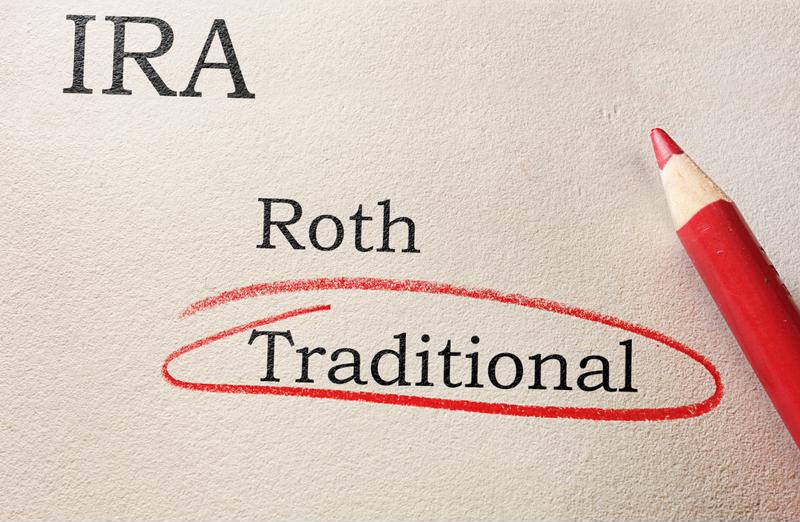
Retirement is tantamount to death and taxes: something that everyone will experience at some point. However, a new analysis suggests that there truly is no such thing as retirement inevitability, especially if something isn't done by worldwide governments to more adequately inform citizens who aren't seeing the forest through the trees.
The report, produced by the Transamerica Center for Retirement Studies, discusses how governments throughout the world are letting their people down by not emphasizing how important it is for them to set money aside so they have more to draw on in their golden years.
Much of this stems from unrealistic expectations that government programs will be able to provide for a hefty portion of their financial needs. For instance, over 45 percent of global respondents in a TCRS poll said they anticipate at least half of their retirement income coming from public programs already in place. In Spain, nearly two-thirds indicate as much and 43 percent of individuals in the United States.
Complicating matters further is the fact that people are living a lot longer than they used to. Catherine Collinson, Transamerica Center for Retirement Studies president, noted this, by definition, makes retirement funding a more pressing concern. The longer people live, the more money they need for day-to-day basics. In order to bridge the gap, everyone has a role to play.
"Solving this equation for retirement security must be recognized as a shared responsibility," Collinson explained. " No single entity can solve it alone."

One-third think government should raise taxes on entitlements
Even though many people worldwide believe government programs will serve as primary sources of retirement income, they're not oblivious to the reality that reforms are necessary. For example, nearly one-third think the government should increase funding for Social Security benefits by raising taxes, thereby helping to keep in place the benefits they're due to receive, the report said. Meanwhile, 15 percent feel the opposite way, advocating for a reduction in benefits rather than tax increases. Approximately 25 percent think both funding strategies should be implemented.
Another option is raising the retirement age. People in the U.S. largely feel one way, while the rest of the world isn't as sure. Nearly 33 percent of Americans said the minimum retirement age should be adjusted in accordance with life expectancy. However, only 20 percent of global respondents felt similarly.
1 in 3 Americans plans on retiring later in life
The age at which people expect to exit the workforce varies by country. In some cases, individuals are required to retire by a certain age, like in China. In the U.S., 66 is the age most individuals expect to call it a career, according to a recent poll done by Gallup. Almost 33 percent intend to remain working until 68 or later.
Economic realities, in some instances, have changed Americans' retirement funding intentions, even for those who are nowhere near retirement age. For example, in the six years leading up to the Great Recession, approximately 25 percent of millennials pointed to savings accounts as being a major source of retirement income, a poll published earlier this year by Gallup revealed. Between 2013 and 2016, approximately 40 percent of 18- to 39-year-olds say savings accounts will be a prime retirement income outlet.
Leveraged Planning® Solutions may be able to help your clients achieve their retirement dreams through the power of borrowed funds. For more information on how it works and who among your clientele would be the best candidates, speak with a Global Financial Distributors advisor today.


